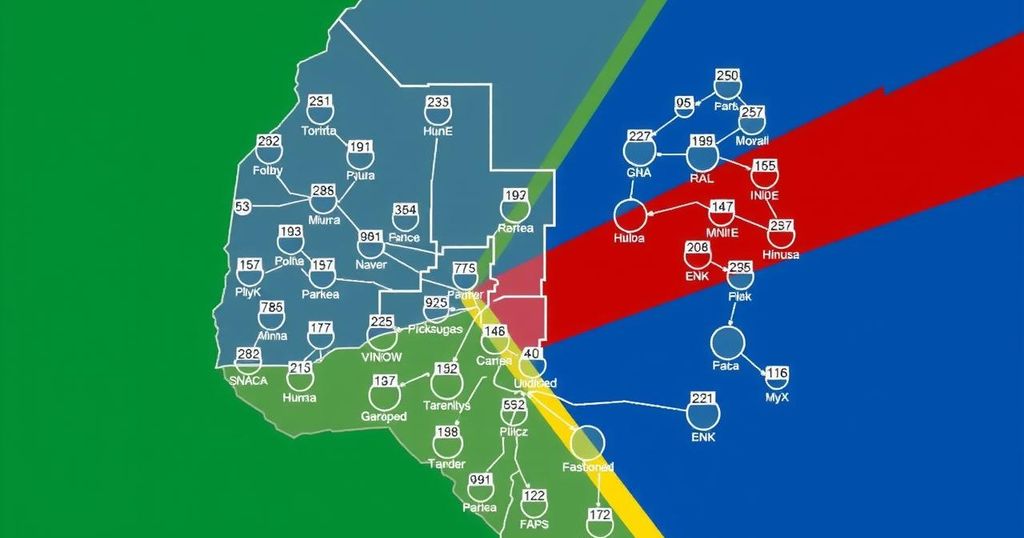Namibia has extended its election voting period due to ballot paper shortages, drawing allegations of fraud from the opposition. Voter turnout is significantly affected, with many citizens struggling to cast their ballots amidst logistical challenges. The political landscape is tense as citizens express frustration over economic conditions, particularly among the youth.
Namibia’s electoral agency has announced an extension of the voting period for the presidential and parliamentary elections due to significant logistical challenges, including a shortage of ballot papers. Initially scheduled to conclude on Wednesday, polling will now continue until Saturday evening. This decision has been met with criticism from the opposition, particularly the Independent Patriots for Change party, which has alleged that the extension is indicative of electoral fraud. Voter turnout has reportedly been hampered, leading to long lines at polling stations and discontent among those who have yet to vote.
Namibia has a complex political history, previously a German colony and later controlled by South Africa. Following independence in 1990, the SWAPO party has held political dominance. Despite being recognized as one of the more stable democracies on the continent, Namibia faces challenges such as high unemployment and economic inequality, particularly affecting its youth. The current election cycle is marked by heightened scrutiny, especially as the country observes turmoil in neighboring Mozambique following its recent elections amidst accusations of vote rigging and violence.
In summary, Namibia’s decision to extend voting due to technical difficulties has sparked significant controversy and allegations from opposition factions. The ongoing issues with ballot paper deliveries have raised concerns about the electoral process, reflecting a broader context of political dissatisfaction among the populace. As citizens await electoral results, the unfolding situation could have implications for the stability and governance of Namibia moving forward.
Original Source: abcnews.go.com






